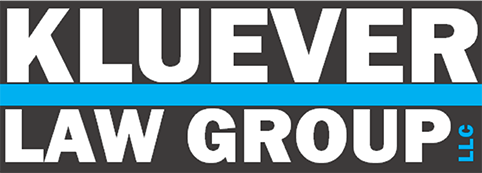News
Seventh Circuit Holds that Property Management Companies are Protected from Claims By Condo Sellers Brought Under Section 22.1 of the Illinois Condominium Property Act
A recent ruling from the Court of Appeals for the Seventh Circuit provides some much-needed protection for property management companies from sellers asserting claims under Section 22.1 of the Illinois Condominium Property Act.
In Horist v. Sudler and Company, 2019 WL 5304497 (7th Cir. Oct. 21, 2019), the Seventh Circuit held that Section 22.1 of the Condominium Act does not contain a private right of action for sellers of condominium units. In so holding, the court clarified that only condominium unit purchases may bring claims under Section 22.1.
Under Section 22.1(a) of the Condominium Act, if a condominium unit is being resold, the current owner must obtain a copy of the condominium documents, the association’s rules, and other documents reflecting the current financial status of the property from the condominium association and make them available to the prospective purchaser of the condominium unit. Section 22.1(c) allows an association to charge a “reasonable fee covering the direct out-of-pocket cost of providing such information and copying.”
In Horist, the plaintiffs filed a proposed class action lawsuit against Sudler—a Chicago property-management firm—and its third-party vendor that assembles electronic versions of required Condominium Act disclosure documents. The vendor charges a fee for its services. The plaintiffs were condominium owners who purchased their disclosure documents from the online vendor and alleged that the fee charged to them was excessive and violates the Condominium Act. The plaintiffs also brought claims alleging violations of the Illinois Consumer Fraud Act, breach of fiduciary duty, unjust enrichment, and civil conspiracy.
Relying on prior Illinois state appellate court rulings, the Seventh Circuit rejected the plaintiffs’ claims, holding that Section 22.1 of the Condominium Act does not provide a private right of action to condominium sellers, either expressly or implicitly. The court looked to Nikolopulos v. Balourdos, 245 Ill. App. 3d 71 (1st Dist. 1993), which articulated the purpose of Section 22.1: “to prevent prospective purchasers from buying a unit without being fully informed and satisfied with the financial stability of the condominium as well as the management, rules[,] and regulations which affect the unit.” The Seventh Circuit thus held that Section 22.1 is meant to protect “condominium purchasers, not condominium sellers.” Because the plaintiffs are sellers, “they are not within the class of persons the statute was designed to protect, nor have they suffered an injury that the statute was designed to prevent.” Accordingly, sellers of condominium units lack a private right of action to sue under Section 22.1.
As for the plaintiffs’ Illinois Consumer Fraud Act claim, the court held that this claim failed because Section 22.1 only imposes a duty on condominium associations to furnish the required disclosures, not on property-management companies. Just because an association retains a management company to perform its day-to-day operations does not impose any sort of reverse vicarious liability on the management company. This is because Section 18.7 of the Condominium Act protects property-management firms from private causes of action from unit owners like those asserted here. And, in any event, the court held that a claim based solely on an allegation that a price for a good is too high cannot form the basis of an Illinois Consumer Fraud Act claim. Accordingly, the plaintiffs could not bring any such claim against Sudler. The court held that the plaintiffs remaining claims also failed to state a claim.
The Seventh Circuit’s ruling in Horist reinforces the protections afforded to property management companies under the Condominium Act. Whether the provisions of the Condominium Act impose duties upon associations or provide protections to various classes of individuals, management companies can rest easy knowing that as long as they otherwise comply with their duties, obligations, and responsibilities under the Condominium Act, they are insulated from liability for claims like those asserted by the condominium unit sellers in Horist.
